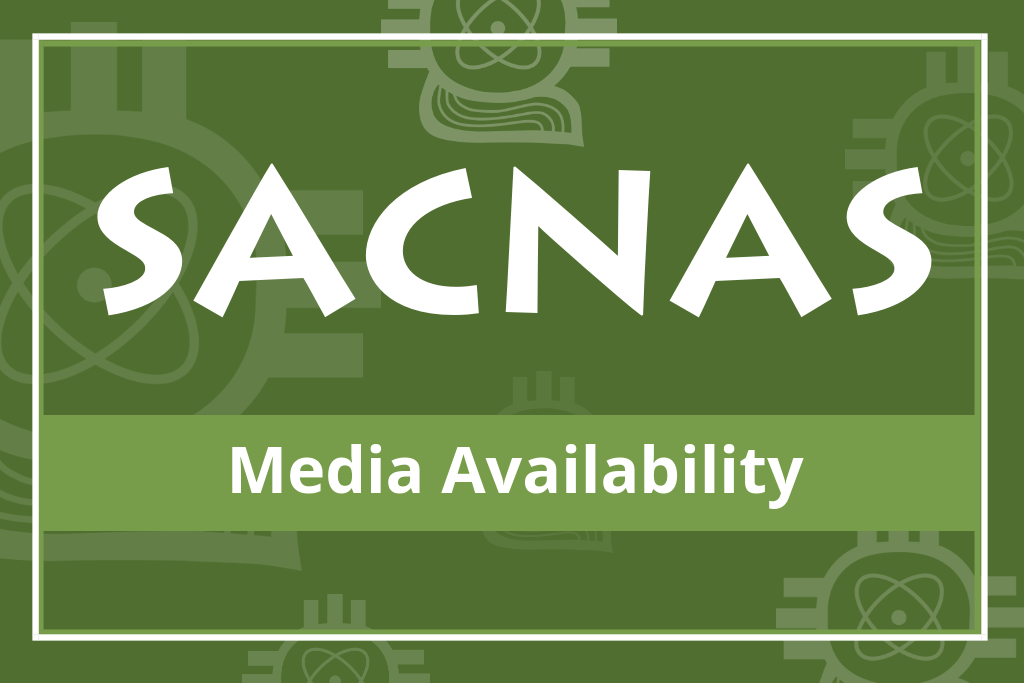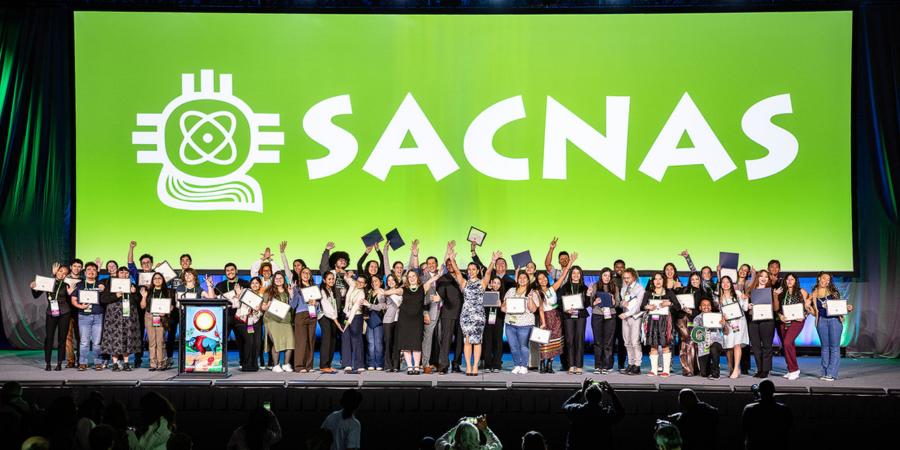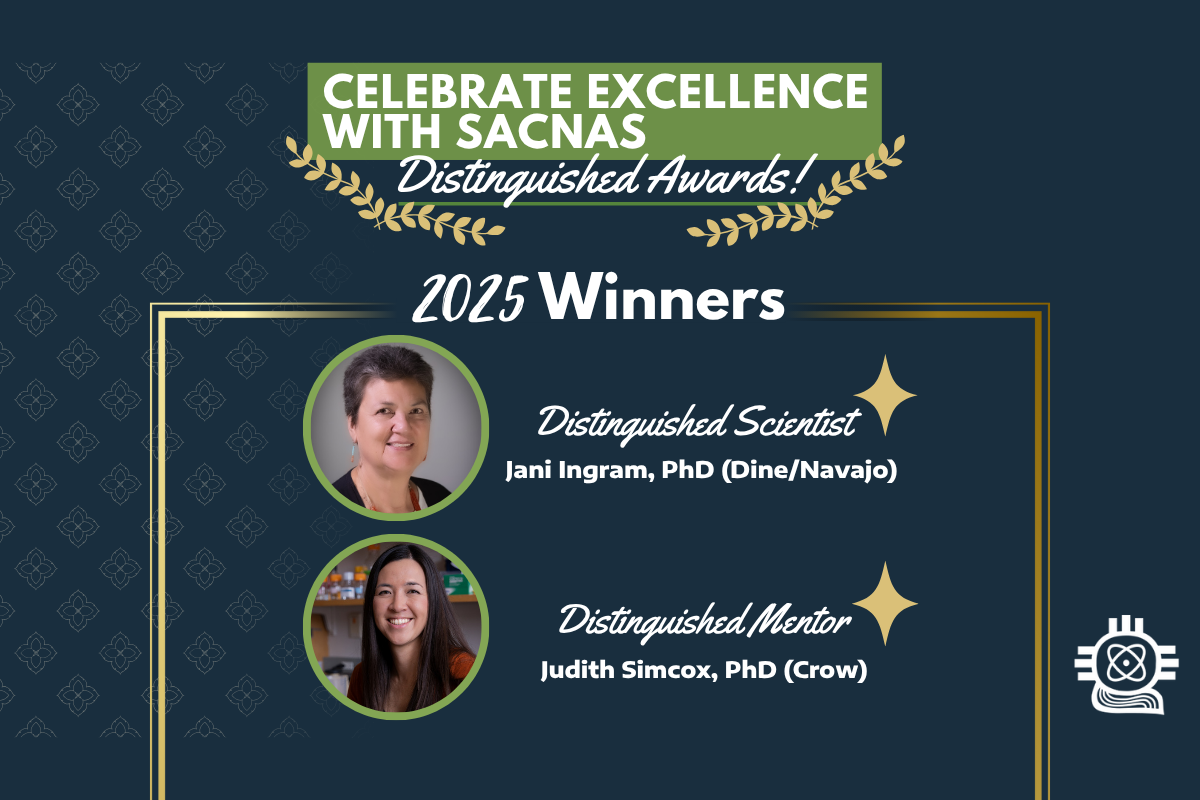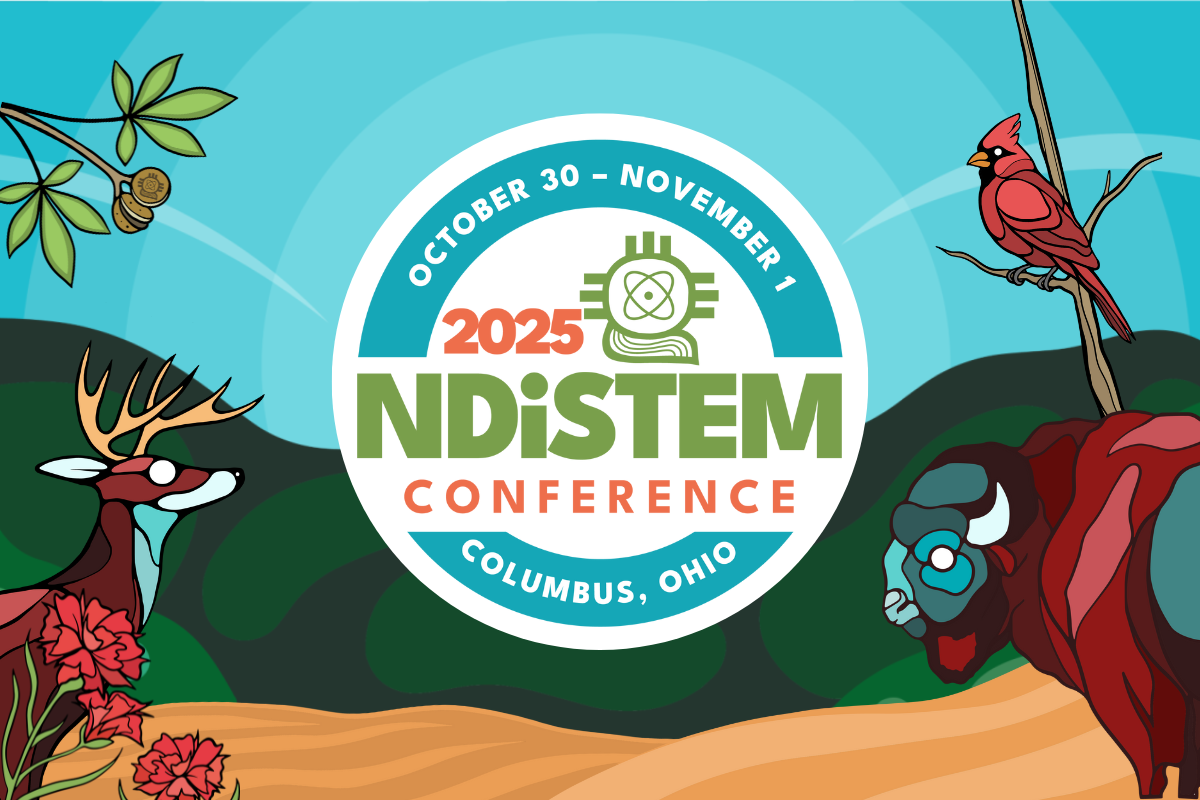WASHINGTON, DC – The White House proposal to close the U.S. border with Mexico as part of the administration’s plan to stop the crossing of undocumented migrants from Central America seeking asylum, could have serious ramifications on scientific research and scientific work conducted in the region. The closure would also hurt scientists and students who cross the border frequently.
The proposal to close the border could bring several SACNAS members’ scientific work and academic paths to a halt. Here are two of their stories.
Jessica Salcido, Biology Student and Undergraduate Research Assistant at the University of Texas El Paso.
Jessica lives in Ciudad Juarez and crosses the border everyday to go to college. The recent border chaos has affected her academic performance as she has to arrive to the bridge of entry early in the morning and still late to school. “There is not a day when I am scared that I won’t be able to go home or to come to school, at times a great anxiety creeps in on me, and I become really desperate in regards to what to do. I truly hope that for the sake of other of my peers and myself who live in Juarez and cross the border everyday, that this situation can be addressed. I would be deeply sad and anxious if those years of hard work had to be interrupted by such phenomena.”
Dr. Lekelia (Kiki) Jenkins, Associate Professor & Gabrielle Lout, Graduate Research Associate at Arizona State University
Dr. Jenkins and Graduate Research Associate Gabrielle Lout plan to go to Baja California, Mexico in August to conduct a case study on ways to reduce waste in the seafood supply chain. If a closure was to occur, they would be unable to conduct the field interviews needed for their in-depth case study. “Diplomatic relations between Mexico and the U.S. are already tense as concerns fisheries sustainability, resulting in diplomatic sanctions against Mexico in recent years. This research would examine a successful model of sustainable fishing and market incentives that could be reproduced throughout Mexico, potentially yielding more sustainable, lower waste fisheries and easing diplomatic relationship around seafood. As the U.S. is a major consumer of seafood and Mexico is a major provide of our seafood. This research has implications for livelihoods and wellbeing on both sides of the border.”
For interviews and questions, please contact Yamila Pino at yamila@prosperolatino.com or 202-660-1433.
About SACNAS
SACNAS is an inclusive organization with over 45-years of experience fostering the success of Chicanos/Hispanics & Native Americans, from college students to professionals, in attaining advanced degrees, careers and positions of leadership in STEM.
SACNAS serves approximately 6,000 members, a larger community of 20,000, and with 115 SACNAS student and professional chapters throughout the U.S. and Puerto Rico.
Dr. Sonia Zárate, President of SACNAS.
As the fourth woman to lead the organization in its 45-year history and the first President to have benefitted from SACNAS since she was an undergraduate, she is committed to continuing to lead national efforts to diversify the STEM enterprise and work towards SACNAS’ vision of achieving true diversity in STEM.
As the leading national STEM diversity organization representing STEM leaders, professionals and students from populations historically underrepresented in these fields, the Society for the Advancement of Chicanos/Hispanics and Native Americans in Science (SACNAS), urges the administration to reconsider its plan to close the border and protect the present and future of science innovation, scientific work and research on the border.



